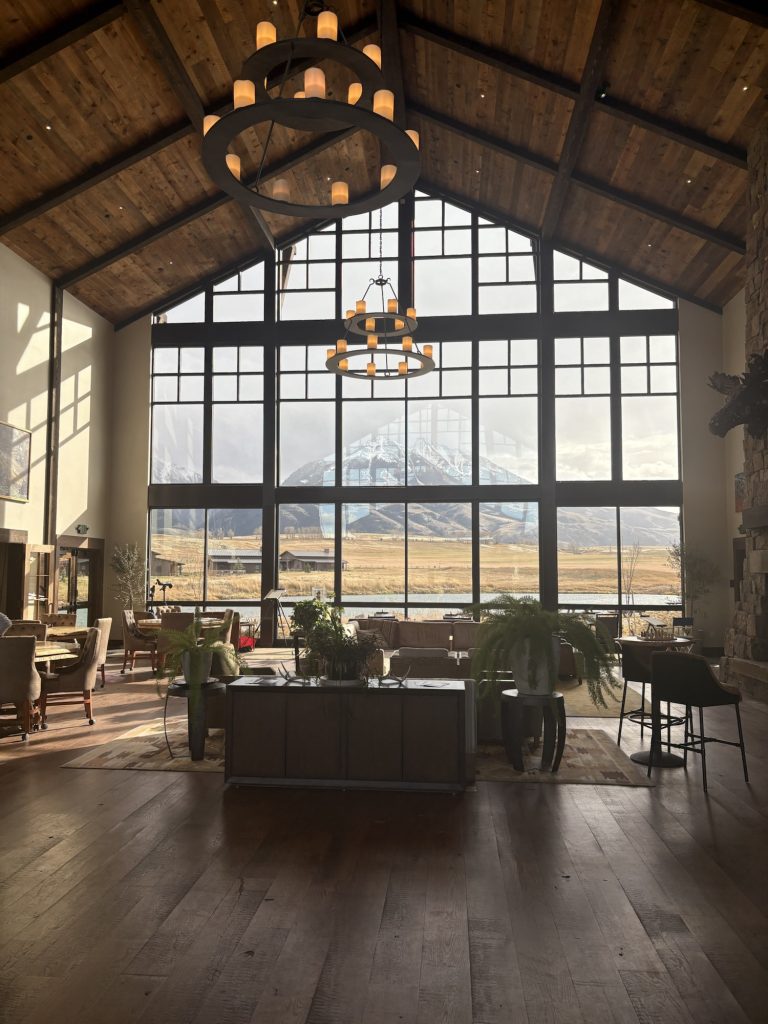The Christmas story is almost too layered to with truth to hold any but universal mythic truths this far from its historical origin.
We hear parables of the unexpected guest who arrives late at night seeking shelter. We are taught about the faith we must have in our families even when they ask us to believe in the impossible.
But today I think of how even two thousand years ago, Christ’s birth was a story about record keeping and census taking.
The Gospel of Luke (2:1) says Caesar Augustus issued a decree that “all the world” should be registered, so “everyone went to their own town to register.”
Imagine putting a pregnant woman on a donkey just to be sure you’ve got the proper tax regime in place. Empire is as Empire does.
In America the census comes to you. In Rome the census journey was the means by which Jesus’ birth occurs in Bethlehem, aligning the birth story with messianic expectations.
Death and taxes being the only reliable thing under the sun, I’d probably want my system of record keeping for a miraculous birth to be tied to such reliable means. Even then history isn’t quite sure about this specific census.
Why am I thinking about systems of record keeping on this holy day? Well I suppose it’s because on religious holidays days I have the space to consider what our future systems of record may be and how we will weave together the miracles that may show us the future of who we are to be as humans and as Christians.
Accounting and record keeping are relatively new inventions in the grand scheme of human development. Tribal knowledge assumed we could keep track. Empires needed a bit more structure and a lot more systems of record keeping.
What will we need as the nation state change and reform and the empires of this century are formed more by context graphs and nodal pathways than census takers and taxmen?
We are reinventing the living records of decisions we once traced through men of power and means but are now stitched through corporate entities, personal trusts, accounting norms and our attempts to find sources of ground truth we can all agree upon.
Trust and power dictated that in the past but now we need new ways. We must explain not only what happened but how it happened and verify it across decentralized systems in open systems even when much of our knowledge is tied in closed systems and protocols whose rules we’ve never fully articulated expect to a few high priests how they run run.
Technical documentation becomes precedent as Jay Gupta of Foundation Capital said in a thread. I bet he didn’t expect that to end up in a Christmas story either. Funny how life and history works isn’t it? Merry Christmas to us all. And may the day bring you tidings of great joy. Or at least a protocol handshake that is a bit easier than heading to Judea by donkey.




